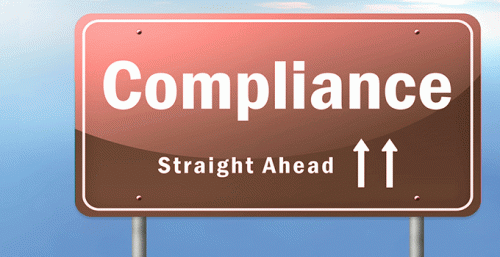Compliance
Singapore Vows To Tighten Screws On Financial Crime

The MAS has vowed to step up the fight against financial crime while warning that necessary measures must not worsen financial exclusion of certain groups.
The Monetary Authority of Singapore (MAS) has promised that the Asian city-state will beef up measures to combat financial crime.
Ho Hern Shin, assistant managing director of the banking and insurance group at the MAS, said in a prepared statement that the crackdown includes tapping data analytics and boosting information sharing with financial institutions. However, she added that it is important to strike a balance between addressing money laundering and terrorism financing risks, and improving the financial inclusion of people who struggle to access banking services.
"In building a more inclusive society with greater financial participation, it is not our intention to burden banks with disproportionate monitoring of bank accounts," Ho said. "To this end, we would like to work with banks to co-create solutions, for example, to explore the feasibility of introducing basic bank accounts for individuals with features and restrictions that on one hand are sufficiently permissive to enable the customer to perform daily functions, while at the same time ensuring there are adequate safeguards to mitigate the risks of the bank account being misused."
Recent years saw the Singaporean regulator take a hard line against banks it deemed to have seriously failed to combat money laundering. About two years ago, it stripped Falcon Private Bank and BSI of their local licences; it is understood that investigations around money laundering continued. Singapore has been particularly exposed to a massive financial corruption scandal in neighbouring Malaysia, concerning claims that money was siphoned off from the state-run 1MDB fund, and then passed through Singapore and other hubs, such as Switzerland, Luxembourg and the US.
Suspicious transaction data
The statement said the MAS already applies data analytics tools
to the more than 25,000 suspicious transaction reports filed each
year by financial institutions in the country, but the
financial watchdog wants to improve on this.
"Technology, and in particular data analytics, can significantly augment our ability to identify higher risk areas, and both the industry and MAS have begun to invest great efforts to tap it," Ho said. She went on to say that a private-public partnership on money laundering and terrorism financing, launched in April 2017, "has been helpful" but could be improved - "for example, through the sharing of more detailed context so as to enable [financial institutions] to mount more targeted checks".
"We are now actively considering how we can improve the process of information sharing with financial institutions for this purpose," she added.
